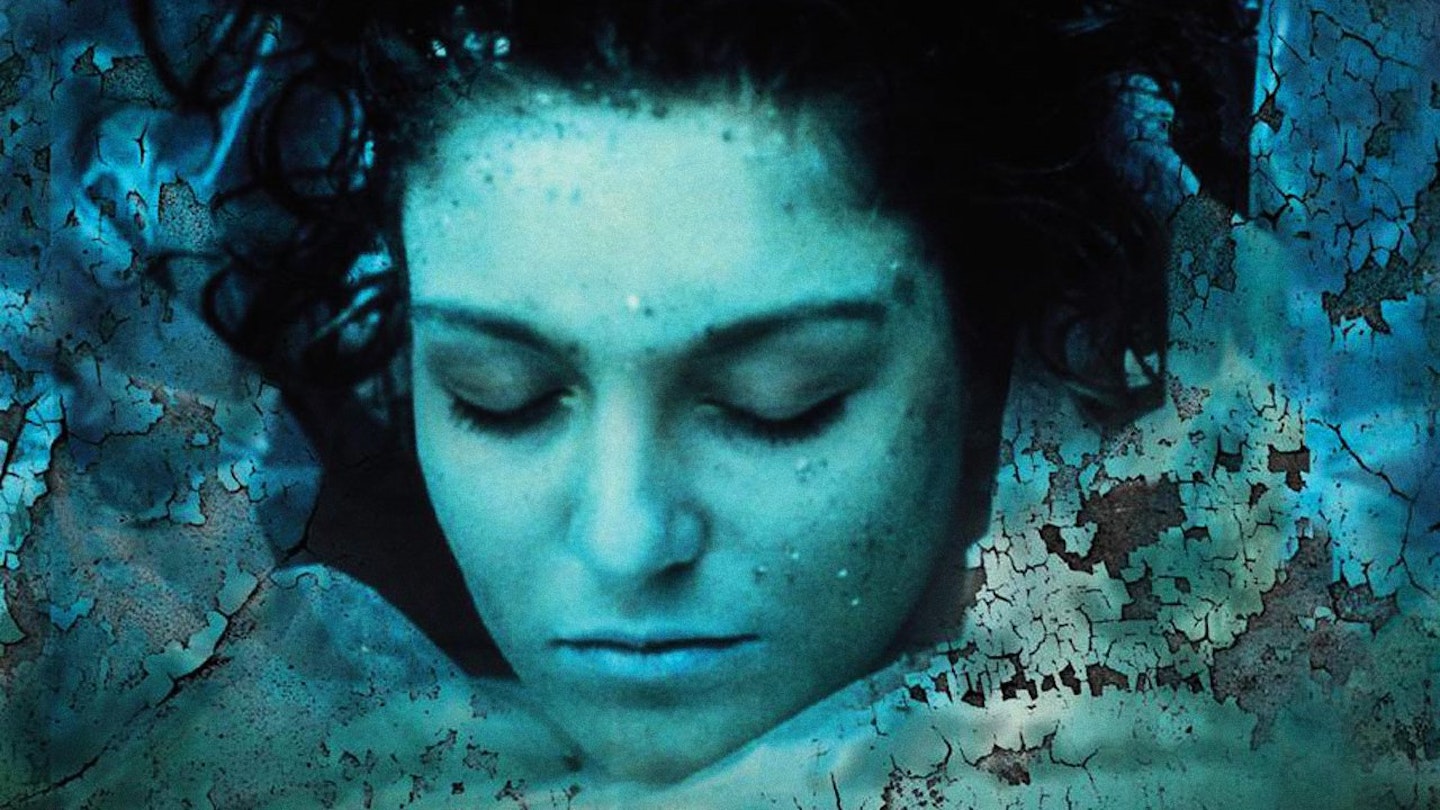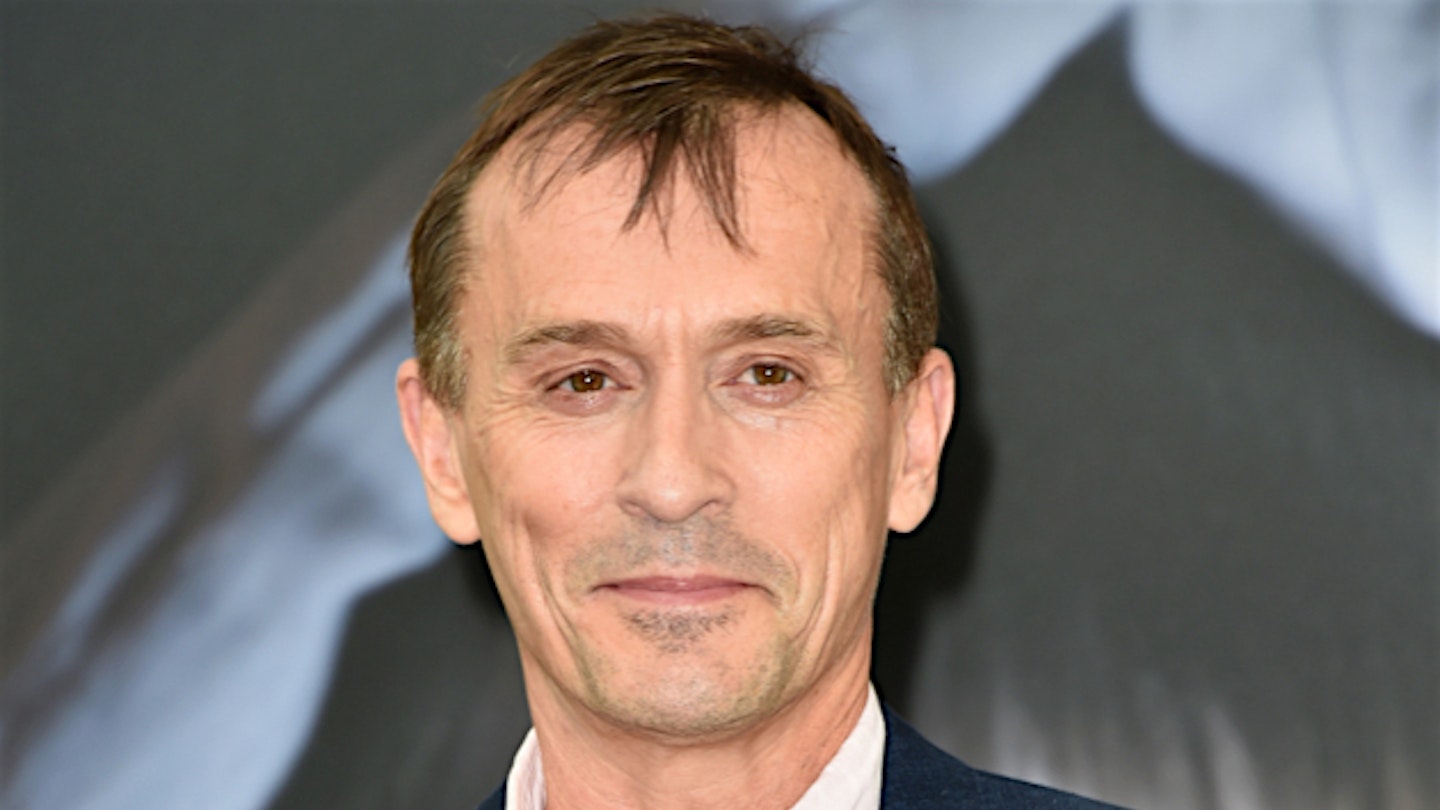If the extent of your Twin Peaks experience is spending a couple of episodes baffled by some dwarf talking backwards, then there is absolutely no point in checking this out, for with scant exposition, there is little here that makes anything remotely understandable.
If, however, you do subscribe to the view that David Lynch's Adventures In Logland are the work of a damned genius, the only course of action open is to disregard the negative advance word — boos and walkouts at its Cannes screening and zero box office in the US — and revel in the fact that Twin Peaks: Fire Walk With Me, "prequel" to the small screen saga, will, with considerable style, exceed your wildest expectations.
In unconventional fashion, this divides into two quite separate parts : the first, a half-hour overture, playing like a self-contained episode, as FBI Agent Desmond (crooner Isaak, surprisingly good) and nerdish forensic expert Stanley (Kiefer Sutherland) investigate the death of Teresa Banks, zipping around the Fat Trout trailer park with its befuddled proprietor Carl Rodd (Stanton).
It is only then, with this entree partially digested and all the characteristic humour exhausted, that the signature tune strikes up and events veer off into the main portion, a visually stunning and disturbing journey through the latter days of fallen angel Laura Palmer (Lee), the homecoming queen descending into a mire of prostitution and nose-candy — only reflected upon on TV, but here shown in full sordid detail — as things spiral to their cataclysmic conclusion, the point at which the series kicked off.
Darker than before — menacing Leland (Wise) no longer the tragic character of the series, rather an out-and-out loony — this is also laced with minutiae that will have obsessive Peakies rubbing their hands with glee, as hitherto loose ends are tied up and some semblance of meaning — the notion of
religious redemption — is proffered.
The absence of, among others, Sherilyn Fenn, Lara Flynn Boyle, the Great Northern Hotel, the police station and the sawmill, may disappoint, particularly when space has been made for new characters like oddball apparition Philip Jeffries (crooner David Bowie, unsurprisingly bad, mercifully brief), but this notwithstanding, Lynch's deeply weird revisitation is a triumph due to the sinister mood he creates, which, underscored by Angelo Badalamenti's haunting soundtrack, marks this as his darkest, most disturbing film to date. Pretentious codswallop? Quite probably. For devotees, however, it is nonetheless compulsive viewing.








